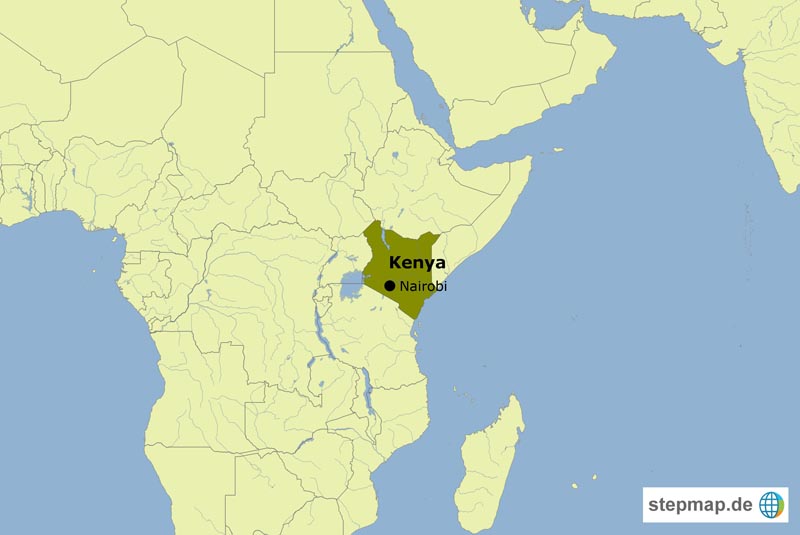Families
Unemployment destroys marriages

Mzimba District in northern Malawi is particularly affected by people leaving for greener pastures abroad. Men leave their wives behind and trek to South Africa where the majority of them are employed either as chefs or waiters. Others work as shop assistants, miners, gardeners, household helpers or petrol station attendants. Nkhata Bay and Mangochi are two other districts that young men leave for South Africa in search for ‘gold’.
While the decision to look for jobs outside the country may make sense, it causes problems in many families. Many men who leave their wives behind remarry in the “promised” land. All too often, the wives at home must fend for the children by themselves. They struggle to do so.
Sophie Chimaliro is a magistrate in Mzimba District. She reports that she presides, on average, over 40 divorce cases per month. Typically, the cases are about men having abandoned their families.
“These cases are common these days”, she says. “A man will leave his spouse pregnant or maybe with small children, with no family support system in place.” She adds that the father-in-law often takes advantage of the woman’s vulnerability, starting to sleep with her and promising her support. The government officer say that “women’s voices are muted” in such settings.
Anthony Shaba is a father of three. His cousin left for South Africa four years ago, leaving behind a wife and a child. Shaba says that young men are flocking to the Rainbow Nation because of “poverty at home”. He believes that Malawi will continue to experience massive migration of young men as long as the government doesn’t address unemployment”.
Benson Manjanja is one of the migrants. He went to South Africa in 2013 and came back to Malawi in 2015. “The diaspora has its own challenges,” he says. “Some people think that men are leaving their wives behind out of ill-will or out of negligence.” He disagrees: “Tough circumstances are pushing them away from their families.”
“In South Africa we accept any jobs, any payment,” he reports. “Most employers – especially white people – prefer employing Malawians to South Africans for security reasons.”
According to the National Statistical Office (NSO), Malawi’s unemployment rate is currently 20 %. The Ministry of Labour says it is working hard to reduce unemployment levels in the country, especially among the school leavers.
Raphael Mweninguwe is a freelance journalist based in Malawi.
raphael.mweninguwe@hotmail.com
Link
Migration in Malawi
http://publications.iom.int/system/files/pdf/mp_malawi.pdf













